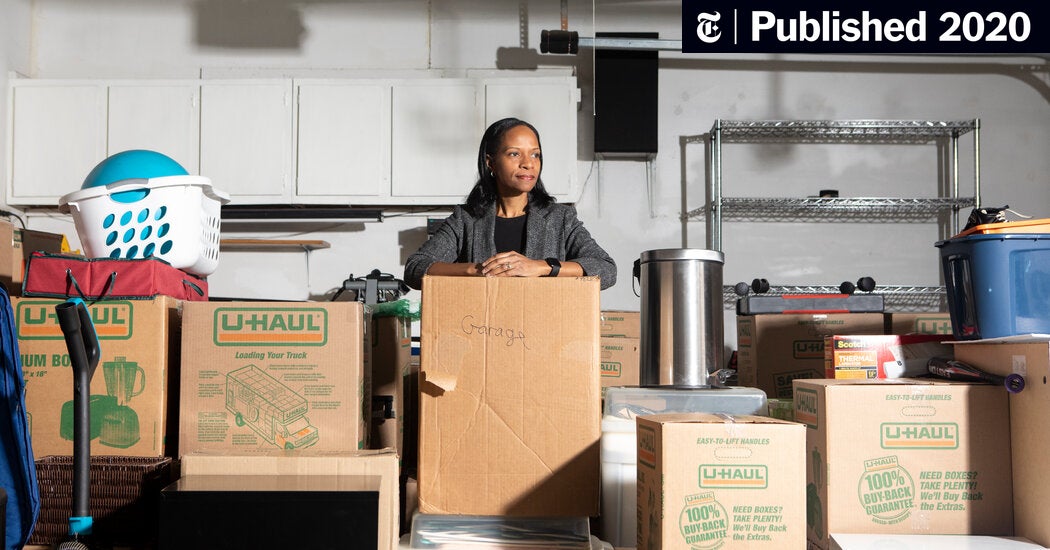southernhope1
Full Member
- Joined
- Aug 31, 2020
- Messages
- 36
- Reaction score
- 83
Lots of folks have been speculating that the increase in *applications* is due to Zoom interviews and the time to put in more applications. But this new article also notes that *applicants* are up 18 percent(!!!) this year over last year. (a normal rise is 3%) Med Schools Are Seeing A Surge Of Applications. It's Called The 'Fauci Effect'
So it's not your imagination....this is a tough year beyond all others.
So it's not your imagination....this is a tough year beyond all others.


